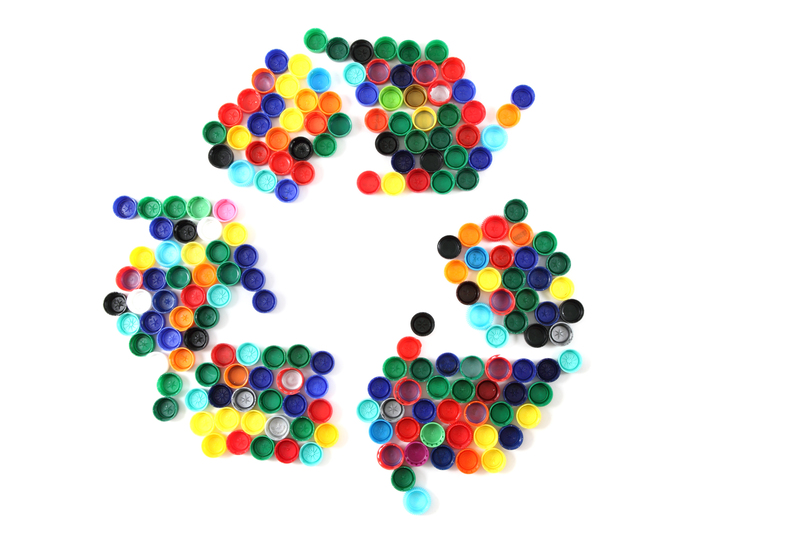Decoding Hard Rubbish and Disposal Strategies
Amidst the modern age of fast consumption, understanding hard rubbish disposal is more crucial than ever. This comprehensive guide unravels the intricacies of hard waste disposal and provides effective strategies to manage it efficiently and sustainably.
Understanding Hard Rubbish
Hard rubbish refers to large waste items that cannot be disposed of through regular garbage collection services. These are typically bulkier objects such as furniture, white goods, and sometimes electronic equipment.
Common Types of Hard Rubbish
- Furniture: Old sofas, tables, mattresses, and chairs.
- White Goods: Large appliances like fridges, washing machines, and ovens.
- Electronic Waste: TVs, computers, and other out-of-use electronics.
- Miscellaneous Items: Carpets, gym equipment, and outdoor gear.

Environmental Impact of Hard Rubbish
Improper disposal of hard rubbish not only clutters the streets but also contributes significantly to landfill waste. Electronic waste and white goods often contain hazardous substances that can leach into the soil, causing environmental stress.
The Importance of Responsible Disposal
The need for sustainable disposal solutions is more pressing than ever. By adopting effective disposal strategies, we can mitigate environmental impact and tap into potential resources previously considered waste.
Strategies for Effective Hard Rubbish Disposal
Understanding and applying strategic approaches to dispose of hard waste can significantly reduce environmental harm while promoting recycling and reuse.
Donation and Recycling
- Donation: Many charities accept used furniture and electronic goods that can still be used. This not only helps those in need but also diverts potential waste from landfills.
- Recycling Centers: Facilities dedicated to recycling electronic waste and white goods help recover valuable materials.
Council Collection Services
Most councils offer periodic hard rubbish collection services. It is crucial to understand the specific guidelines and schedules of these services to ensure proper disposal.
- Scheduled Pickups: Many councils provide scheduled pickups. Check your local council's website for dates and acceptable items.
- Drop-off Points: Some regions offer designated drop-off points for hard rubbish, providing a convenient disposal alternative.
Professional Removal Services
Hiring a professional service is a practical solution for those lacking the means or time to manage hard waste disposal. These services handle collection, recycling, and responsible disposal of your items.
The Benefits of Proper Hard Rubbish Disposal
Beyond environmental repercussions, there are several other benefits to managing hard rubbish responsibly.
Resource Recovery and Economic Benefits
- Resource Recovery: Recycling and reusing components from disposed of items helps conserve raw materials.
- Job Creation: The recycling industry contributes to job creation, offering economic benefits while promoting environmental responsibility.
Community and Aesthetic Improvements
Proper disposal ensures that communities remain clean and aesthetically pleasing, reducing the visual clutter associated with unmanaged waste.

Future Trends in Hard Rubbish Disposal
As awareness grows, so do innovations in sustainability and waste management. Technological advances are paving the way for more efficient disposal systems, enabling better tracking, recycling, and reuse of disposed materials.
Smart Waste Management
- Enhanced Sorting Technologies: Advances in technology allow for more precise sorting of recyclable materials.
- Mobile Apps: Increasingly popular, these apps aid users in identifying local recycling points and disposal services.
Government Policies and Incentives
Stricter regulations and incentives encourage individuals and businesses to adopt eco-friendly disposal methods, further reducing the environmental burden of hard waste.
Conclusion: A Collaborative Approach to Hard Rubbish Disposal
By understanding hard rubbish and adopting sustainable disposal strategies, we can significantly impact environmental conservation. It demands a collaborative approach between individuals, communities, and governments to create a future where waste is effectively managed.
Embracing innovative solutions, adhering to local guidelines, and opting for responsible disposal can transform how we perceive and handle hard rubbish. The journey towards a sustainable future begins with informed actions today.